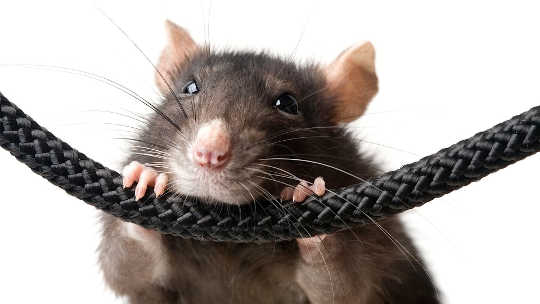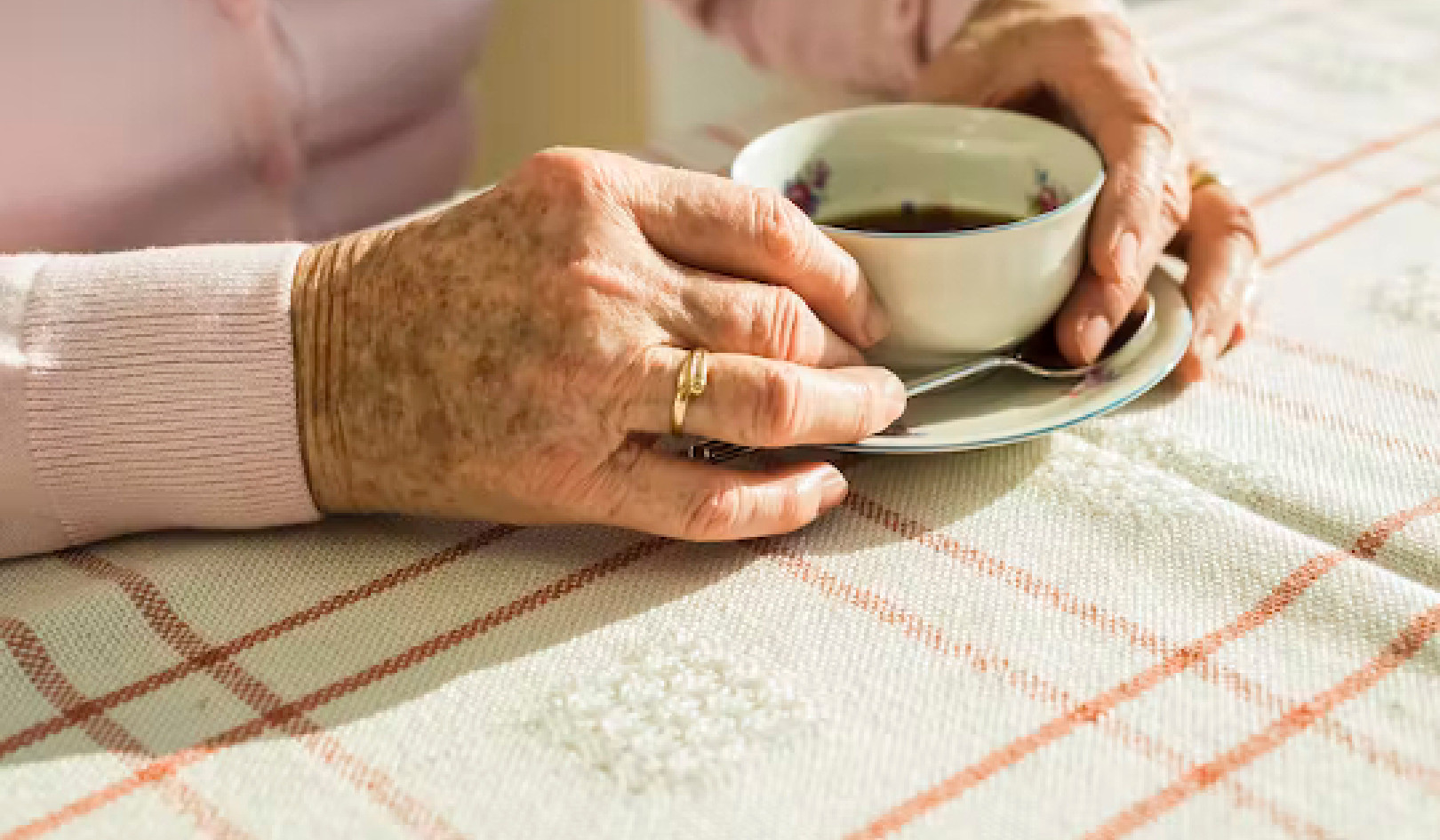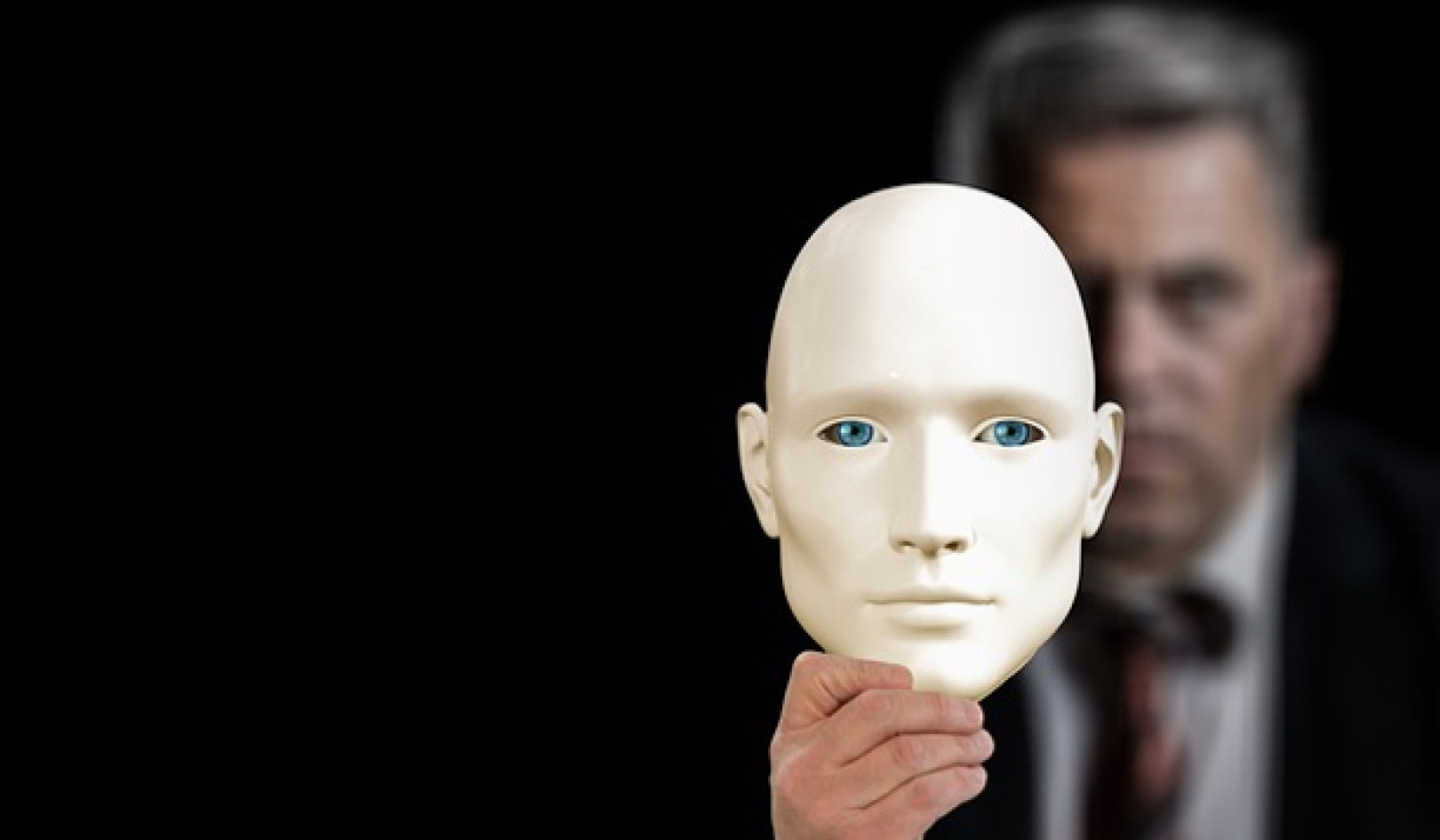
When rats are given an anti-anxiety medication they become less empathetic and are less likely to help free companions that are trapped.
The findings validate earlier studies that show rats are emotionally motivated to help other rats in distress. In the new study, rats treated with the drug midazolam didn’t open the door to a restrainer device containing a trapped rat, while control rats routinely freed their trapped companions.
Midazolam doesn’t interfere with the rats’ physical ability to open the restrainer door. As a matter of fact, when the restrainer device contained chocolate instead of a trapped rat, the test rats routinely opened the door. The findings show that the act of helping others depends on emotional reactions, which are dampened by the anti-anxiety medication.
“The rats help each other because they care,” says Peggy Mason, professor of neurobiology at the University of Chicago. “They need to share the effect of the trapped rat in order to help, and that’s a fundamental finding that tells us something about how we operate, because we’re mammals like rats too.”
For the experiments, researchers used a rat-helping test from a 2011 study in Science. In those experiments, the team placed two rats that normally shared a cage into a special test arena. One rat was held in a restrainer—a closed tube with a door that can be nudged open only from the outside. The second rat roamed free in the cage around the restrainer, able to see and hear the trapped cage mate.
“Helping others could be your new drug.”
The free rats quickly learned to release their trapped cage mates, seen as a sign of empathy for their companions in distress. In the latest research, published in the journal Frontiers in Psychology, rats injected with midazolam did not free a companion rat trapped inside a restrainer—but they did open the same restrainer when in contained chocolate chips.
Stress, like what happens after seeing and hearing a trapped companion, triggers the adrenal gland and sympathetic nervous system and causes physical symptoms such as increased heart rate and high blood pressure.
To test if the rats’ helping behavior was driven by these physical changes, the researchers conducted a separate series of experiments by giving the rats nadolol, a beta-blocker similar to those used to treat high blood pressure. Nadolol prevents the pounding heart and other bodily signs of a stress response. Rats given nadolol were just as likely to help their companions as those injected with saline or nothing at all.
Motivated by empathy
“What that tells you is that they don’t have to be physiologically, peripherally aroused in order to help. They just have to care inside their brain,” Mason says.
The researchers also created a statistical model to find out if helping other rats was a rewarding behavior for the animals that became reinforced over time, or if they simply became more comfortable with the testing environment and improved their ability to open the restrainer.
Using data collected from the rats’ behavior during the experiments, undergraduate student Haozhe Shan, calculated the probability that each rat would free a companion in each testing session. He then projected these probabilities over 10,000 simulated attempts while keeping each trial independent, meaning that if a rat opened the restraint one day it was no more likely to open on the next day.
When he compared the simulated data to those from the experiments, he saw that the untreated rats performed better than the simulations predicted. If they freed a companion one day, the probability that they would do so again the next day increased, meaning the behavior was being reinforced. Meanwhile, rats given midazolam were no more likely to free a companion one day to the next, even if they did so on a previous day.
“We take that as a sign that the rats given midazolam don’t find the outcome rewarding, presumably because they didn’t find it a troubling situation in the first place,” Shan says.
Mason and her team also tested levels of corticosterone, a stress hormone, in the rats when first exposed to the trapped cage mate and compared them to their later behavior. Those with low- to mid-level responses were most likely to free their companions later. They found that those with the highest levels of corticosterone, or those that were under the most stress from the situation, were the least likely to help their cage mates. This fits well with findings in humans suggesting that eventually high stress becomes immobilizing rather than motivating.
The new findings further confirm that rats, and by extension other mammals—including humans—are motivated by empathy and find the act of helping others gratifying.
“Helping others could be your new drug. Go help some people and you’ll feel really good,” she says. “I think that’s a mammalian trait that has developed through evolution. Helping another is good for the species.”
{youtube}pXEBtTees7A{/youtube}
Source: University of Chicago
Related Books
at InnerSelf Market and Amazon




























